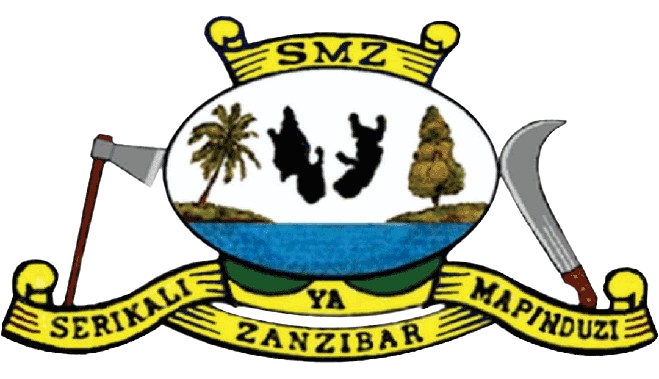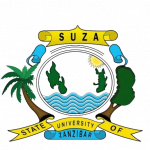Zanzibar – In an inspiring move to deepen its connection with the local community, the State University of Zanzibar (SUZA) has urged stakeholders to actively engage in its transformative Building Stronger University (BSU4) project.
During a dynamic stakeholder meeting at Golden Tulip Airport Hotel in Kiembe Samaki, SUZA’s Vice Chancellor, Prof. Moh’d Makame Haji, highlighted the essential role of stakeholders in shaping the success of the university’s initiatives aimed at enhancing education, health, and environmental sustainability.
“This gathering is an opportunity for stakeholders to contribute their invaluable insights, helping us refine SUZA’s action plans for the BSU4 project,” said Prof. Haji.
He emphasized the importance of collaboration between the university and its stakeholders in addressing critical challenges affecting the community, while advancing SUZA’s vision of research excellence and public service.
One of the major focus of the BSU4 project is tackling public health challenges, with a particular emphasis on mosquito-borne diseases.
The university is spearheading a school-based intervention aimed at educating young students about these diseases, while working alongside the Ministry of Education.
The goal is to empower children with knowledge, allowing them to become advocates for community-based solutions.
“By educating our youth, we are investing in a future where they can help protect their communities from these health threats,” Prof. Haji added.
In another significant initiative, SUZA researchers are set to explore the impact of marine pollution on Zanzibar’s coastal ecosystems. This research is vital for preserving the island’s rich marine life, with a specific focus on the effects of oil pollution.
“Understanding the sensitivity of our marine environment is essential for effective conservation efforts,” Prof. Haji remarked, further underlining SUZA’s commitment to environmental sustainability.
Prof. Hamad, the BSU4 project coordinator, echoed the Vice Chancellor’s sentiments, emphasizing that stakeholder input is key to the success of the project.
He called for active engagement to ensure the initiative’s impact on the local community and government is meaningful. “Stakeholder feedback will help us strengthen SUZA’s research capacity, drive socio-economic development, and influence policy,” Prof. Hamad stated.
The BSU project, which began 12 years ago under the leadership of Copenhagen University, originally included 11 partner universities. Today, SUZA remains one of only three Southern universities continuing with the initiative, alongside Gulu University in Uganda and the University of Hargeisa in Somalia. This continued collaboration speaks to SUZA’s growing role as a research leader in the region.
As SUZA forges ahead with its commitment to community-driven solutions, the BSU4 project represents a beacon of hope for a future where education, research, and public engagement go hand in hand to solve real-world challenges.

